Frequently Asked Questions
When Should I Service My Parlour?

For more detailed product service information please see individual product service sheets HERE
How Often Should I Change My Liners?
To get the best performance and animal comfort from your MS liners, they should be changed regularly (every 2,500 milkings or six months, whichever comes sooner).
Frequent liner replacement will reduce risk of contamination and spread of mastitis.
Liner changes depend on how frequently you are milking and how many milking points you have. For more detailed information on when to change your liners please see our data sheets HERE
Is there a Minimum Order Value?
There is no minimum order
How Much is your Delivery Charge?
Delivery depends on the value of your order and where in the world you are based.
We offer free delivery for UK orders over £1,000 (excluding VAT) and Western European orders over €1,000. Delivery charges for smaller and worldwide orders are applied at cost (minimum charge £15/€35). Delivery charges are kept to a minimum and, where possible, parcels under 2Kg are sent using Royal Mail ‘Signed For’ service.
Bulky or heavy orders will incur additional delivery charges.
Please contact us for a delivery quote.
What Payment Methods do you Accept?
We are happy to accept payment via BACS (direct bank transfer) or you may be eligible to set up an account with us (subject to credit references).
We can also accept £ Sterling credit card payments.
What Currencies can I pay with?
Payments can be made either in € Euros or £ Sterling.
Can I Order Online?
Yes you can. but you need to set up an account first.
Setting up an account is quick and easy. Just drop one of our friendly advisors an email on info@milking-equipment-mes.com, or give us a call on 01600 772211 and we will set an account up for you.
Once you’re set up you can order everything you need online.
Do you sell to the EU countries?
Yes we sell to the EU countries but we need your EORI.
An EORI number is a unique identification number used by businesses when importing and exporting goods around the EU. (Economic Operators Registration & Identification). EORI numbers start with two letters that indicate the country of origin.
Business moving goods from Great Britain need an EORI number that starts with "GB". Business moving goods from Northern Ireland need an EORI number that starts with "XI". Across the EU, all economic operators who regularly fill out customs declarations must be able to identify themselves with the help of an EORI number. You can apply for an EORI FREE OF CHARGE from your local Customs Authority.
Customs Links:
www.gov.uk/eori/apply-for-eori
www.gov.uk/eori/eori-northern-ireland
www.douane.gouv.fr/demarche/enregistrer-votre-entreprise-aupres-de-la-douane-numero-eori 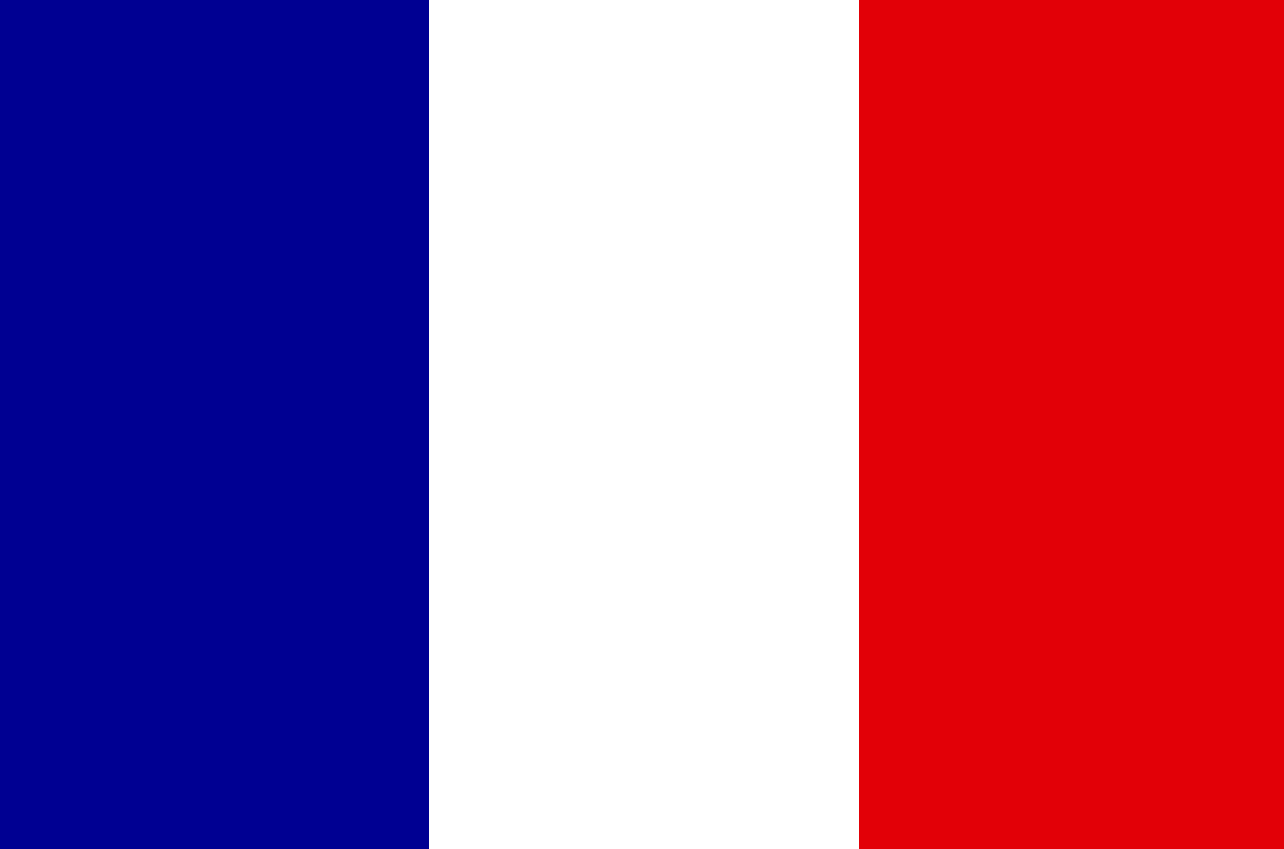
www.zoll-portal.de 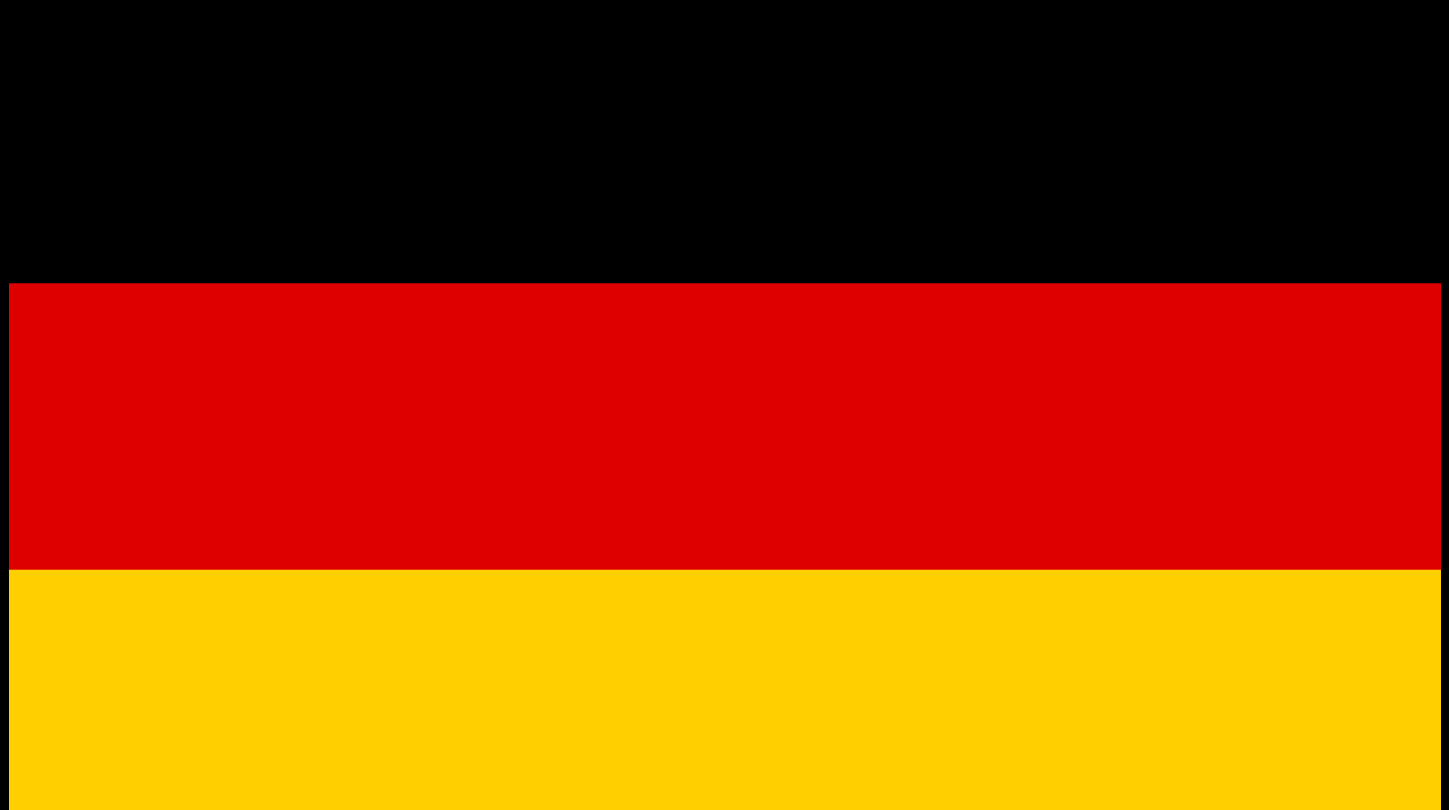
Which Languages do you Transact in?
Our catalogue is available in English 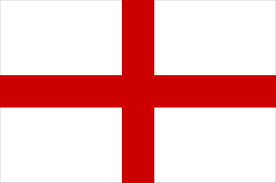 , French
, French  , German
, German  , Dutch
, Dutch 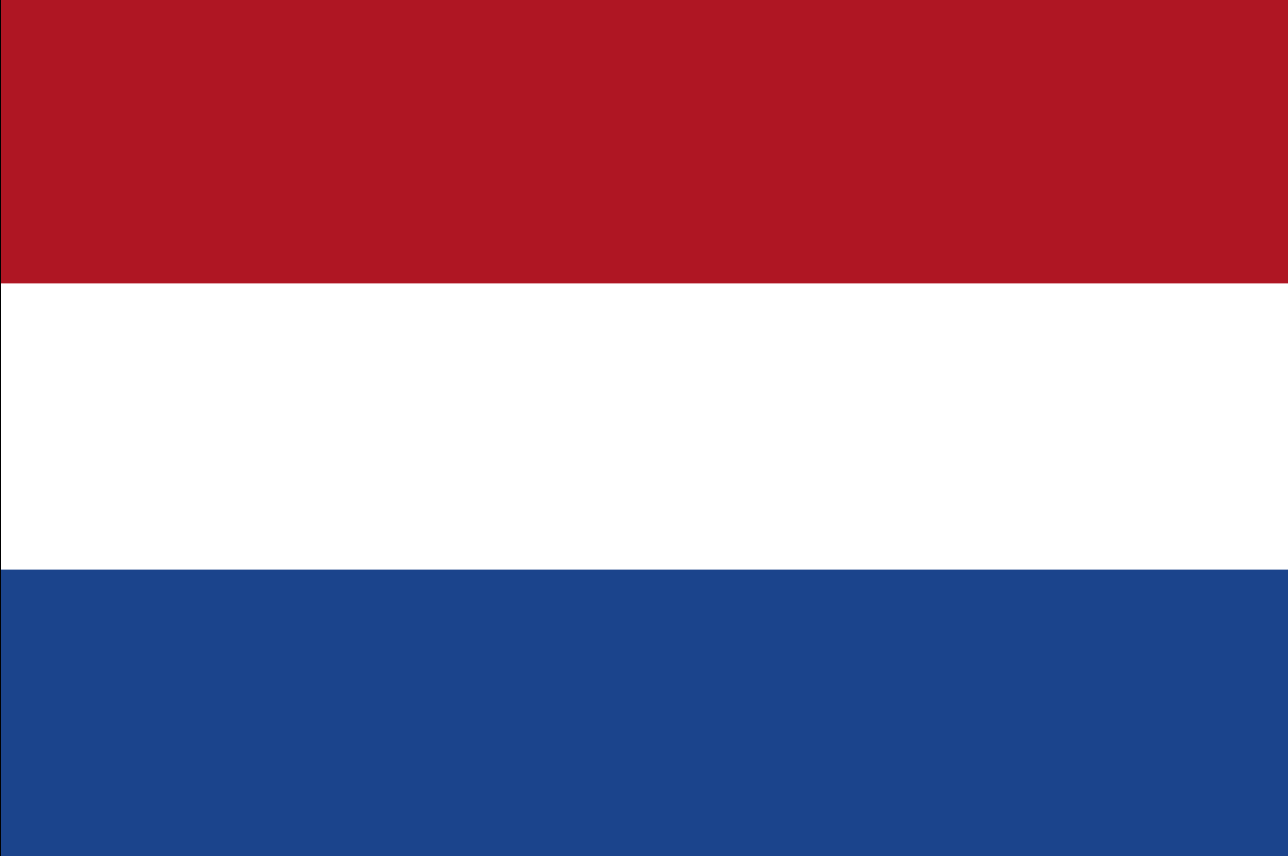 and Spanish
and Spanish 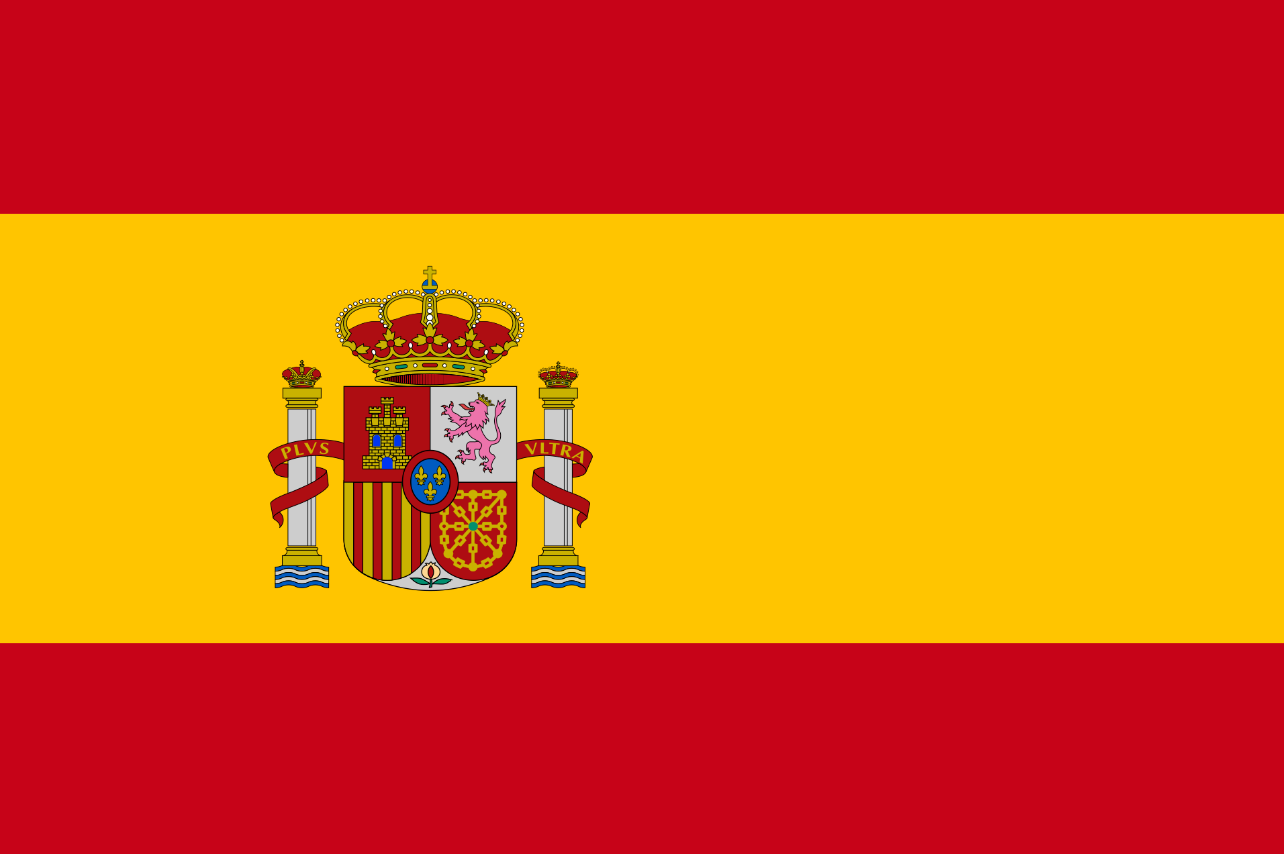 .
.
Invoicing is available in four languages (English  , French
, French  , German
, German  and Dutch
and Dutch  ) dependent upon your country of operation.
) dependent upon your country of operation.
Assistance is available in available in English  , French
, French  , Italian
, Italian 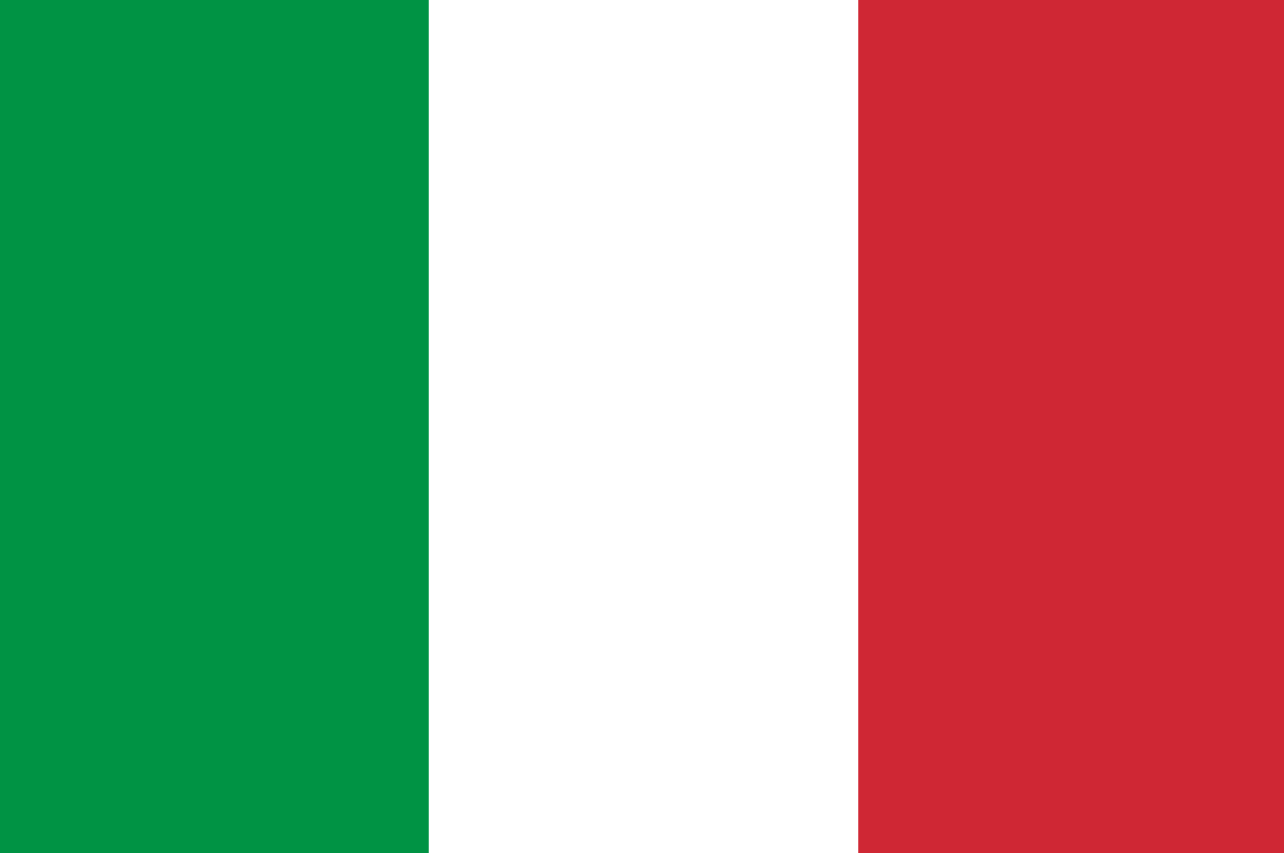 , German
, German  , and Welsh
, and Welsh 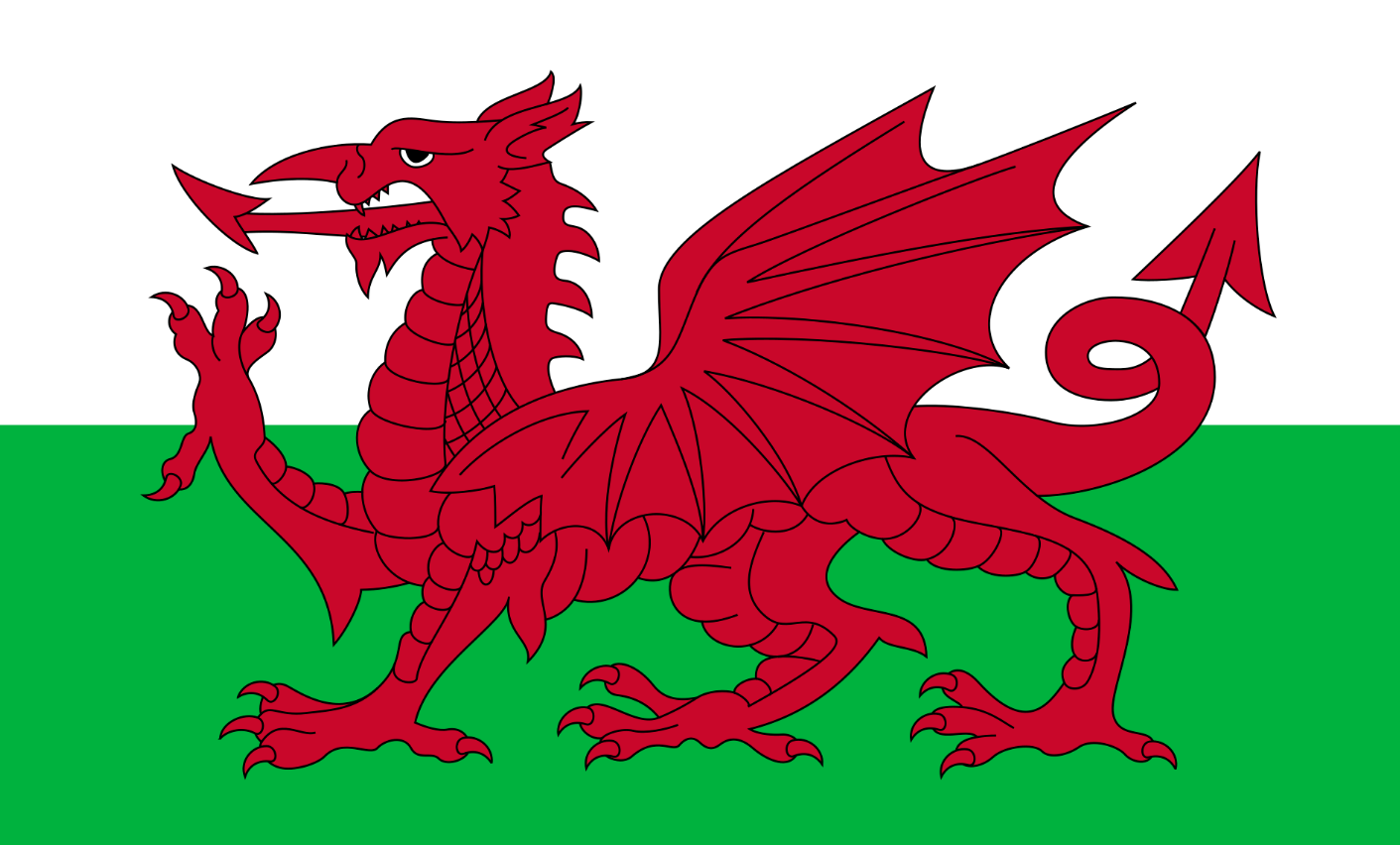
If you need help and advice on any of our parts, you can email us in any language.
Can I ask for my Delivery to be Made to an Alternative Address?
Yes, but please note that any delivery charges will relate to the alternative delivery address provided. There are also VAT implications of sending export orders to UK addresses and vice-versa.
What is your Returns Policy?
All returns must be accompanied by a reason for return, details of any fault and the original invoice number. Goods for return cannot be collected. Claims must be notified in writing within seven days of reciept of goods for damages or shortages and for non-delivery of products within seven days of receipt of invoice
There is a 15% handling charge for goods returned for restocking.
How Quickly do you Deliver Orders?
We carry high stock levels, which means that we can usually provide a very fast, efficient delivery service.
From receipt of order payment, delivery is usually: - one day to the UK - three days to Western Europe - five-seven days to the rest of the world
How much Milk do Dairy Animals Produce each day?
Cows will produce 6-10 gallons (from 24 litres) of milk each day on average, and most dairy cows are milked two to three times per day. Butterfat around 3% but content is a highly heritable trait and very variable. They lactate for up to 300 days per annum.
Buffalo will produce 7 - 11 litres a day. Average lactation yield is vary from 1500-2500 kg. Butter fat content is around 6 - 7%
Dairy sheep will produce 1-2 litres / (from ½ gallon) a day, 5.5% butterfat & 5% protein.. Sheep tend to have a 150-200 day lactation.
Dairy goats vary from 1 - 9 litres a day (from ½ gallon) in summer to half that or less in winter, according to the breed. Butterfat can range from 1% to 10%+ depending on the breed.
Camels will produce around 6 litres (1½ gallons) per day. Butter fat content is around 3 - 4%
How will you use my Data?
We take your trust in us seriously and regularly review and update our Privacy Notice. This explains how we collect, store and handle your personal data.
Why We Collect Your Data
We want to provide the best service to you that we can. For example, we may personalise our recommendations for products or promotions.
How We Collect Your Data
We do this in a number of ways, primarily when you open an account or make a purchase.
When We Share Your Data
In order to provide the best service we may share your data with third parties. For example, giving your address to a courier for delivery of your order.
Your Rights
You have many new rights over your personal data, including seeing and updating what data we keep.
For further information, please read our full Privacy Notice (link above).
Click here to download Privacy Notice.pdf
